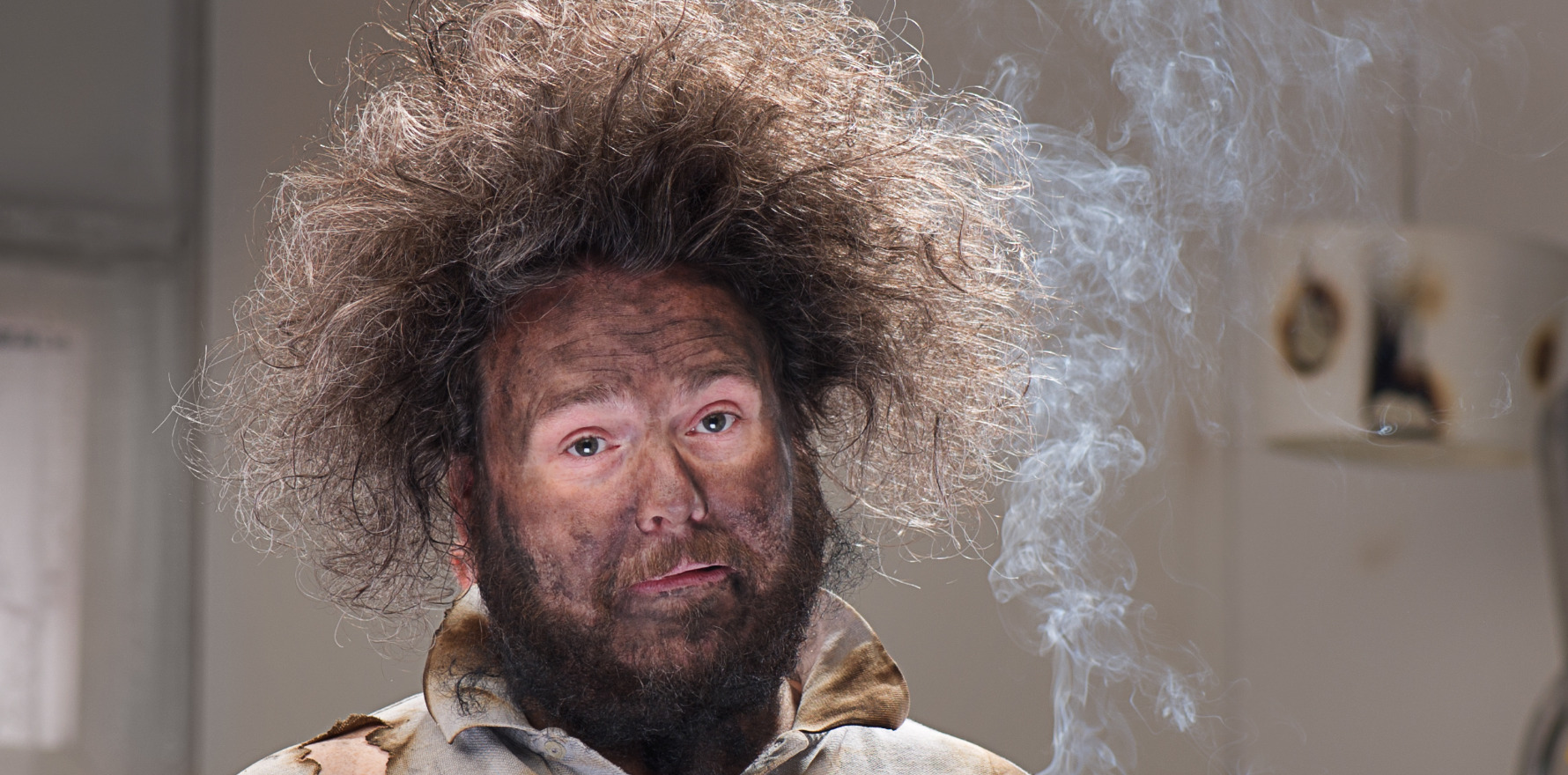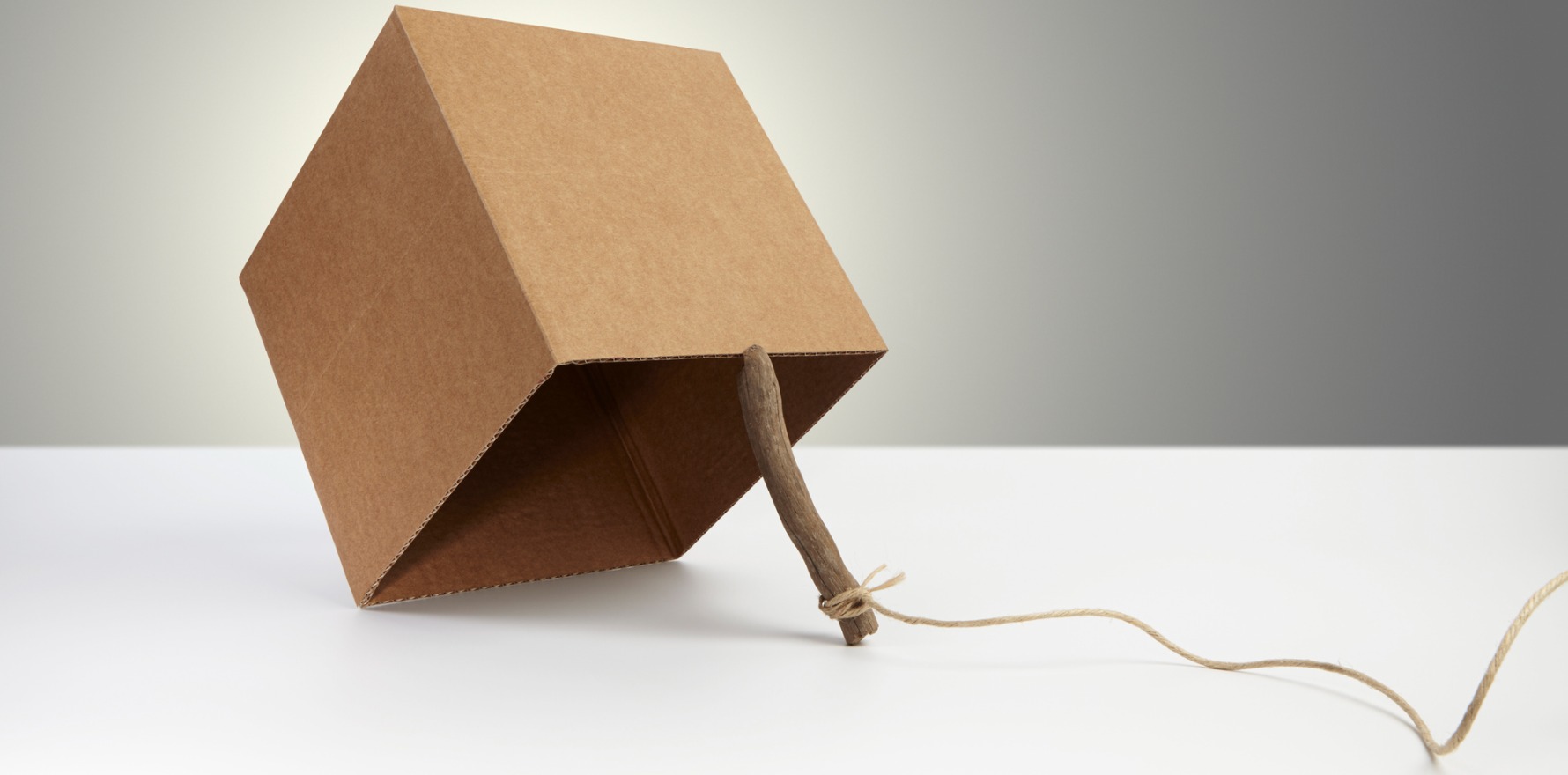Every practice that applied for amnesty in South Australia received it. But their luck runs out in just three months. Not that RevenueSA is saying anything.
Payroll tax arrangements have been causing even more confusion than normal over the past week, as practices across South Australia received mystifying letters from RevenueSA.
The situation has now heated up to the point that the RACGP has launched a “bold” patient-facing campaign to get patient numbers on its side.
The good news, South Australian treasurer Stephen Mullighan confirmed with The Medical Republic last week, is that all 283 medical practices which had applied for payroll tax amnesty were deemed eligible.
These practices have received a letter from a RevenueSA taxation investigator.
TMR has contacted RevenueSA multiple times to confirm that being “eligible for the amnesty” was functionally the same as being accepted into the amnesty program and that no further action is required.
The State Revenue Office has not responded.
“Registering for the amnesty provides assurance that payments made to contracted GPs by qualifying medical practices will not be subject to a compliance audit for the periods prior to 30 June 2024,” Mr Mullighan told TMR.
This means that these practices will not be faced with a tax bill going back five years.
The bad news is that most practices were informed via the same letter that they would have to start paying payroll tax once the amnesty period ends on 30 June 2024.
This assessment was based on a review of the evidence that practices were asked to submit in their amnesty applications.
As part of this assessment, the state revenue office also looked at whether any of the three major payroll tax exemptions – providing services to the public generally, working at the same place for no more than 90 days in a year or having a service performed by two or more persons – would apply in each clinic’s situation.
“Based on the material submitted to RevenueSA, it does not appear that any of these exemptions apply to the medical practice,” a letter received by one SA practice read.
“If you believe an exemption does apply the medical practice should retain supporting evidence.”
Adelaide GP and practice owner Dr Alvin Chua, whose practice received one of the letters, said it had created “more confusion than it solved”.
“We were under the impression that, by applying for the amnesty, we would get some sort of direction from RevenueSA,” he told TMR.
Instead, Dr Chua said, he’s found the transaction to be more one-way.
Related
He’s now got just three months to make some tough decisions about the future of the clinic. It’s likely that consult fees will go up by at least $12.
“Forty-one families rely on this business to survive, and I need to make a valid decision here,” said Dr Chua.
Still, he’s relieved that he won’t have to pay a backdated tax bill.
“The reality is that … is money we don’t have,” Dr Chua said.
RACGP SA chair Dr Sian Goodson told TMR that the college was agitating for the treasury to provide to a detailed, updated ruling with information on payment flows, similar to the one released in Queensland.
The college has launched a public-facing campaign in an effort to get patients involved.
“We’re trying to explain to patients, as well as re-explain to the government, the consequences of what will happen if they persist in imposing payroll tax on independent GPs on the first of July,” Dr Goodson said.
“And that is, very clearly, that our fees will have to go up.”
Patients are invited to sign the RACGP’s petition against payroll tax, which currently has around 7500 signatures.
TMR has also repeatedly reached out to RevenueSA to confirm how the state revenue office defines common law employees, given that the application fine print noted that the amnesty would not protect GPs who were common law employees.
We are still waiting on a response.





